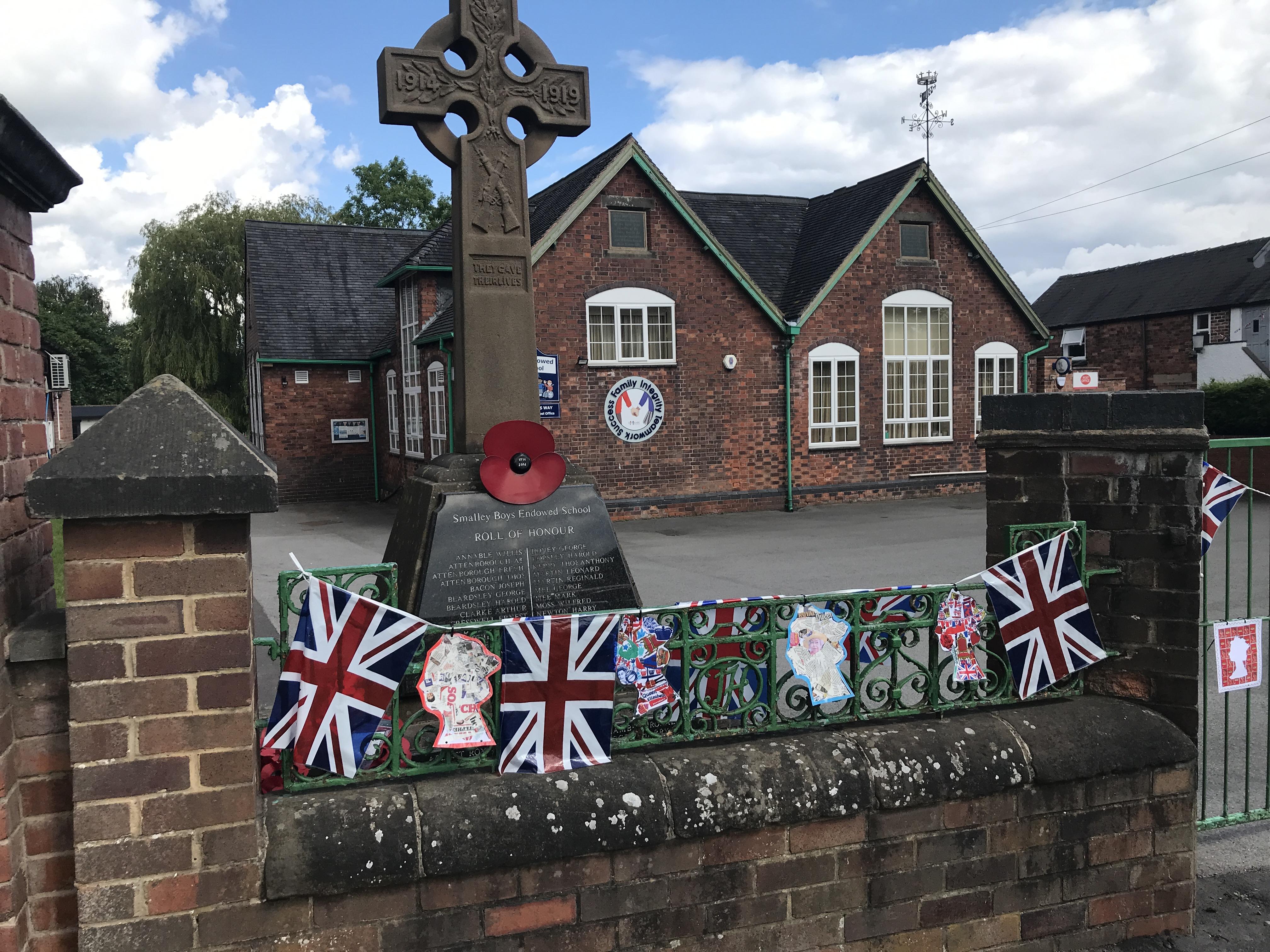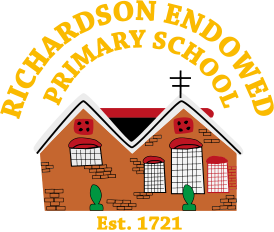History
Intent
Our History intent at Richardson Endowed Primary School is to engage children’s interest and understanding through stimulating themes, topics and enquries. We ignite the children’s natural curiosity and create opportunities for them to investigate past events and, by so doing, develop the skills of enquiry, analysis, interpretation and problem-solving.
We teach children an awareness of chronology, and through this they develop a sense of identity, and a cultural understanding based on past and present events in their lives and their historical heritage. Through History, we encourage our children to value and respect their own, and other people’s, cultures in modern multicultural Britain and, by considering how people lived in the past, we hope they are better able to make their own life choices today and in the future.
Our History curriculum makes a significant contribution to citizenship education by teaching about the manner in which Britain has developed as a democratic society and the significant people, events, societies and changes that have shaped the present world we live in. Through historical enquiry and collaboration, children learn from the past to become critical thinkers today and develop a responsibility for their future.
Key Learning
Chronological Knowledge and Understanding Historical Concepts | Historical Enquiry – Using evidence and communicating ideas | Interpretations of History |
Pupils develop an awareness of the past and are able to make connections across time Pupils develop a framework for understanding the sequence of events from the past | Pupils are given the opportunity to ask and answer questions and follow their own line of enquiry (collaboratively and/or independently) Pupils research information from a range of sources Pupils share their learning confidently and effectively | Pupils understand that historical sources represent the past in different ways, depending on the author, purpose, context etc Pupils understand that there are different versions of the past, and that sources, individuals and events are open to interpretation and a range of representations Pupils are able to be objective and voice their opinions, giving reasons and explanations for their ideas and conclusions |
In Early Years, children begin to lay the foundation for History by accessing Understanding the World. The children learn to make sense of their own life story, their own family’s history and immediate community; understanding past events (within their and their family’s experiences) and changes that have happened.
In EYFS this is implemented through:
- Books and stories
- Walks (to see the street furniture, houses, church)
- Visitors (Firefighters, Police Officers, Nurses, family members, care home workers)
- Artefacts
- Photographs
- Short film

history
As a school at the heart of our community, the children created a piece of work to decorate the school, as part of the village celebrations marking the Queen’s Platinum Jubilee event. This half terms topic is Heritage, which links brilliantly with our art work, to commemorate the day with some of our children writing letters , thanking the Queen for all her dedication and hard work. The children celebrated earlier by having a royal picnic on the last day of term.









